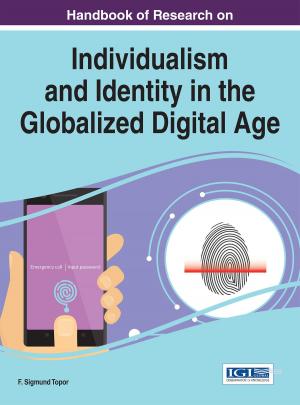Chipless and Conventional Radio Frequency Identification
Systems for Ubiquitous Tagging
Nonfiction, Computers, Advanced Computing, Artificial Intelligence, Science & Nature, Technology, Engineering, General Computing| Author: | ISBN: | 9781466622623 | |
| Publisher: | IGI Global | Publication: | May 31, 2012 |
| Imprint: | Information Science Reference | Language: | English |
| Author: | |
| ISBN: | 9781466622623 |
| Publisher: | IGI Global |
| Publication: | May 31, 2012 |
| Imprint: | Information Science Reference |
| Language: | English |
Radio Frequency Identification (RFID) is a wireless tracking and data capturing technique for automatic identification, tracking, security surveillance, logistics, and supply chain management. RFID tags, which have been successfully employed in many industries including retail and healthcare, have provided a multitude of benefits but also currently remain very costly. Chipless and Conventional Radio Frequency Identification: Systems for Ubiquitous Tagging explores the use of conventional RFID technology as well as chipless RFID technology, which provides a cheaper method of implementation, opening many doors for a variety of applications and industries. This practical reference, designed for researchers and practitioners, investigates the growing field of RFID and its promising future.
Radio Frequency Identification (RFID) is a wireless tracking and data capturing technique for automatic identification, tracking, security surveillance, logistics, and supply chain management. RFID tags, which have been successfully employed in many industries including retail and healthcare, have provided a multitude of benefits but also currently remain very costly. Chipless and Conventional Radio Frequency Identification: Systems for Ubiquitous Tagging explores the use of conventional RFID technology as well as chipless RFID technology, which provides a cheaper method of implementation, opening many doors for a variety of applications and industries. This practical reference, designed for researchers and practitioners, investigates the growing field of RFID and its promising future.















